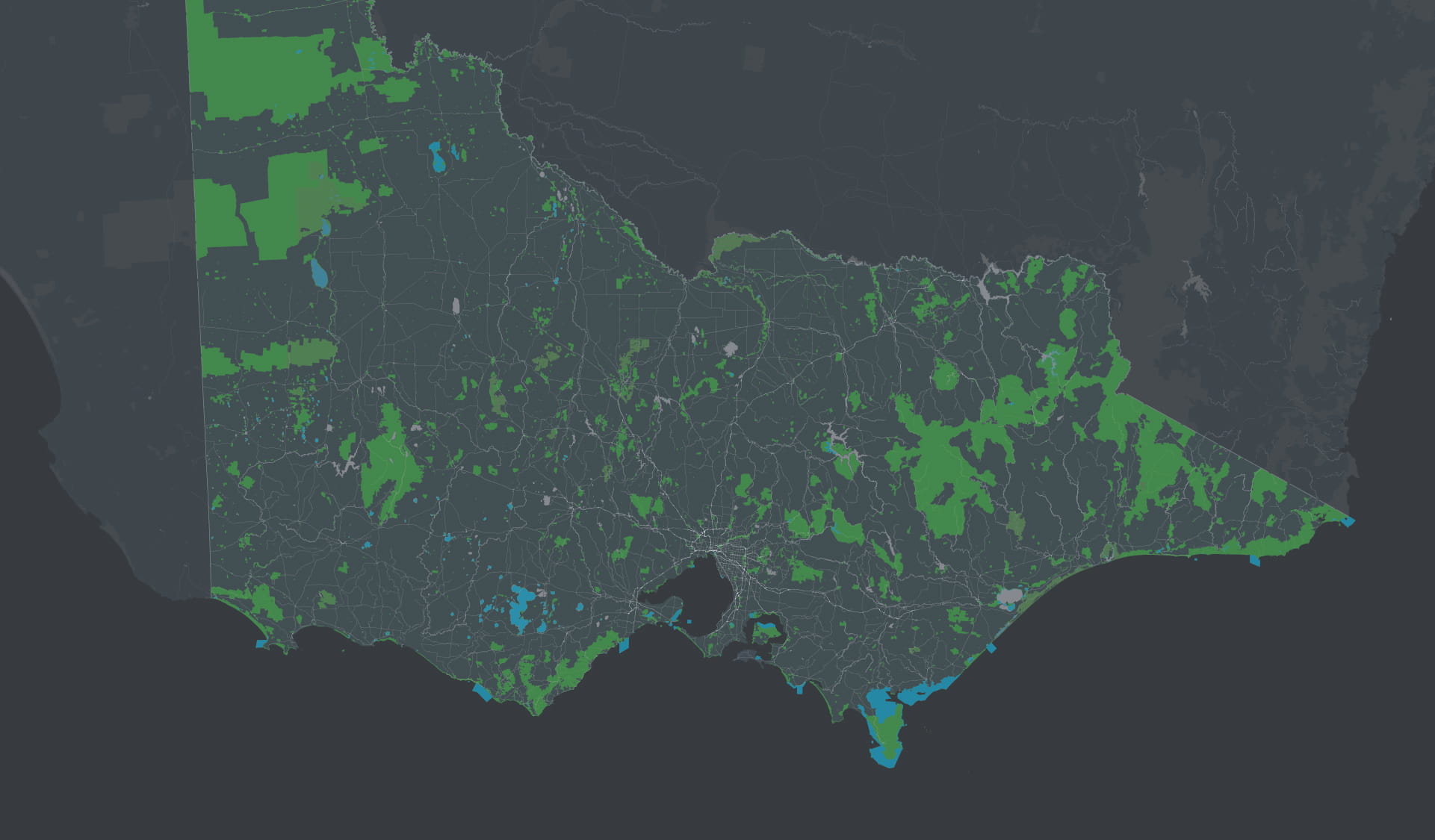Explore
Great Ocean Walk - Day 1 - Apollo Bay to Elliot Ridge (Apollo Bay Coastal Reserve, Apollo Bay Recreation Reserve, Great Otway National Park)
How to get there
Great Ocean Walk - Day 1 - Apollo Bay to Elliot Ridge (Apollo Bay Coastal Reserve, Apollo Bay Recreation Reserve, Great Otway National Park)
Need to know
Great Ocean Walk - Day 1 - Apollo Bay to Elliot Ridge (Apollo Bay Coastal Reserve, Apollo Bay Recreation Reserve, Great Otway National Park)
Safety in nature
You can benefit both mind and body when you get outdoors to explore and experience Victoria's natural places. Before you go, take a look at our safety tips and check our changed conditions and closures information for a great visit.
Accessibility
Visiting a park can be more of a challenge for people with disabilities, however, in Victoria there are a wide range of facilities to help people of all abilities enjoy our wonderful parks around the state. Parks Victoria provides a range of a equipment, including all-terrain and beach wheelchairs, facilities, accommodation and accessibility information and programs to help you plan and enjoy your visit to Victoria's parks.
Assistance dogs are welcome in Parks Victoria parks and reserves. Entry requirements apply for parks and reserves that are usually dog prohibited, such as national parks.
Warnings & Restrictions
Dogs
Restrictions
- No firearms allowed
- No horses
- No bicycles
- No vehicles
- No dogs allowed
- No drones without a permit
- No fires permitted
- No camping
Warnings
-
Terrain hazards
- Slippery rocks
- Uneven ground
- Slippery surface
-
Other warnings
- Limbs may fall take care
- Vehicles
- Unpatrolled area
- Trees may fall take care
-
Water hazards
- Deep water
- Strong currents
- Rough Surf
-
Animals and pests
- Snakes
- Beware European wasps
Be Prepared
Change of Conditions
Nature being nature, sometimes conditions can change at short notice. It’s a good idea to check this page ahead of your visit for any updates.
Great Otway National park sites closed due to major flood damage
Walking tracks
St George
Phantom falls
Lemonade ck
Kalimna
Henderson
Sheoak Falls
Cumberland Garvey Link
Kalimna Garvey Link


